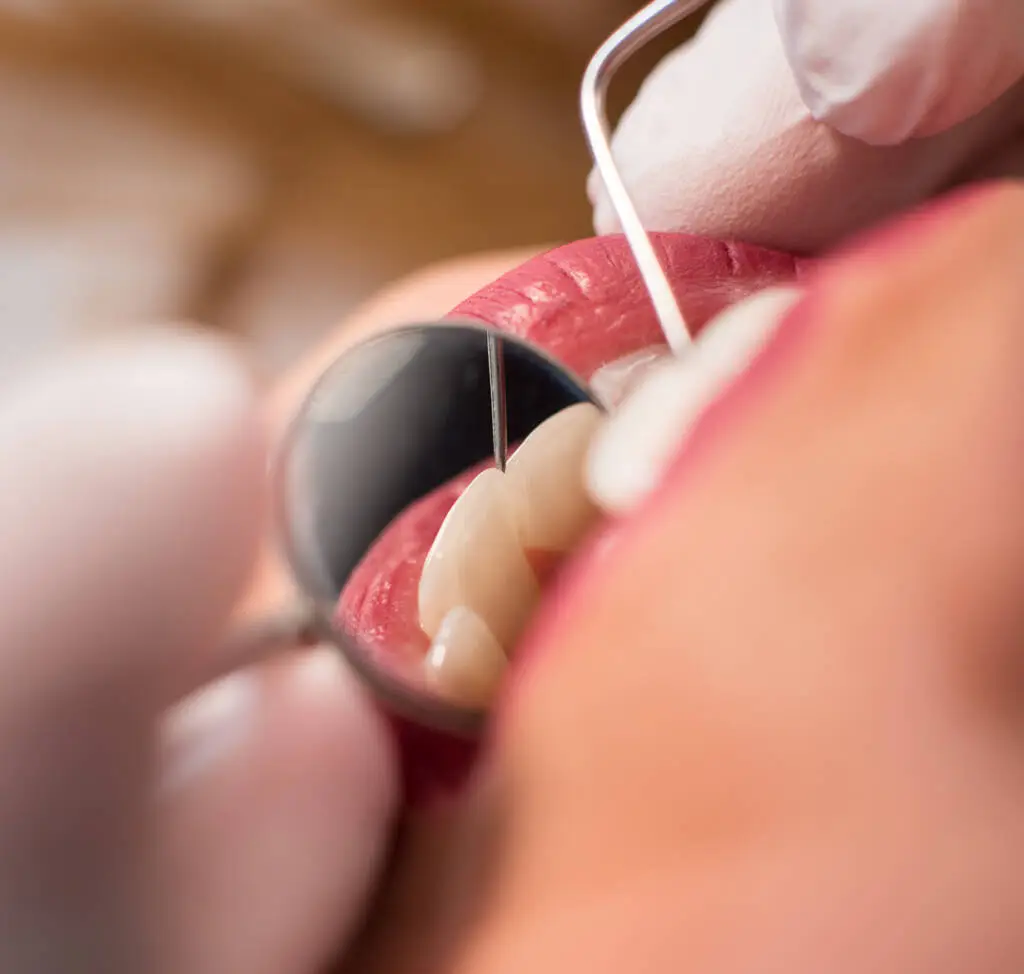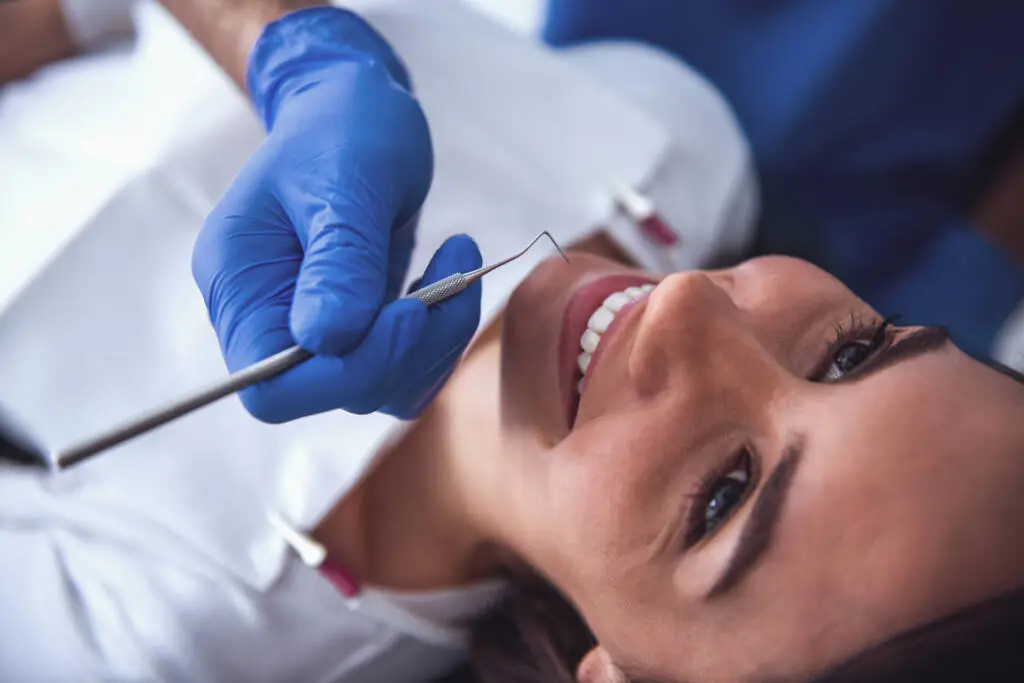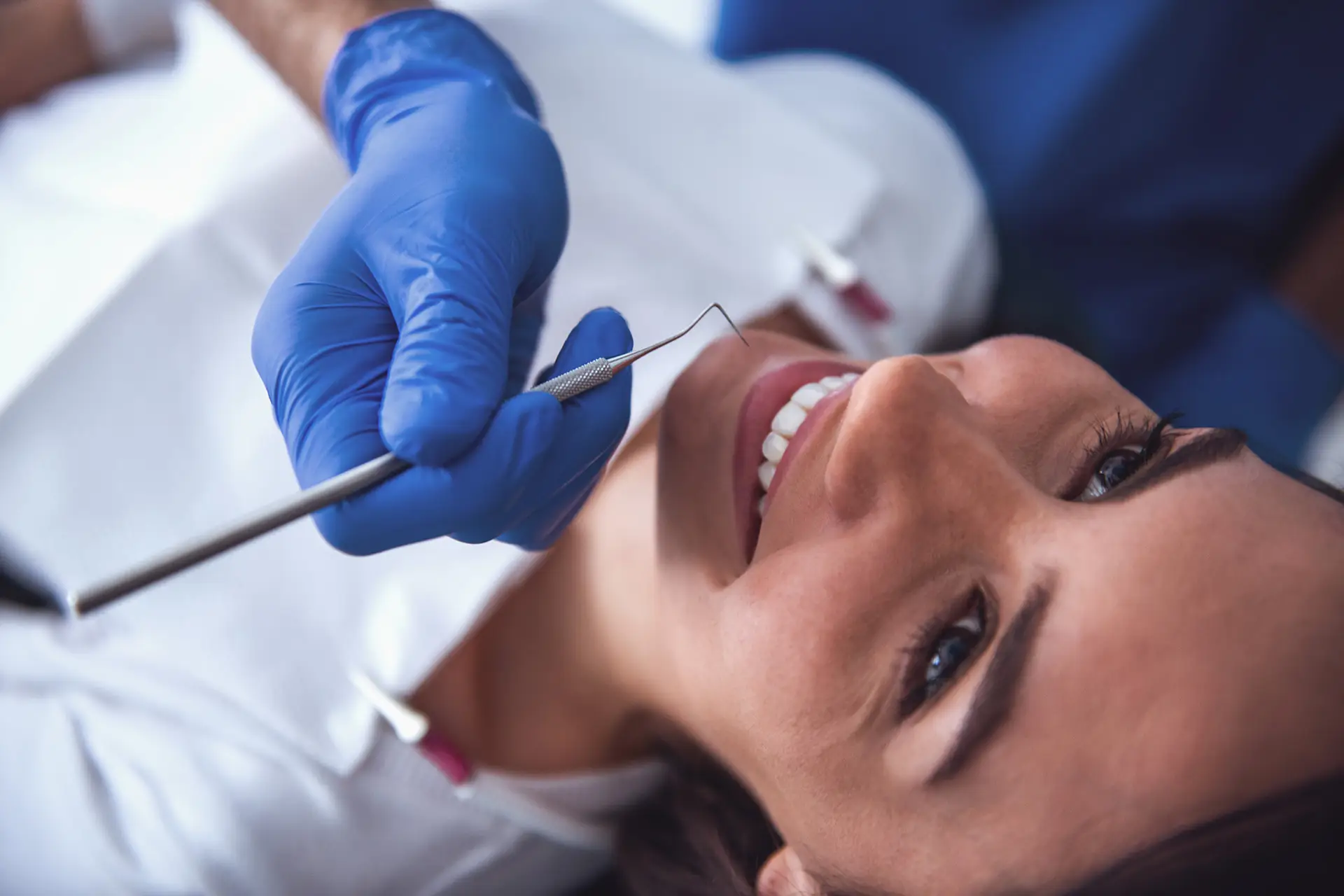Cavity Prevention: Essential Steps for a Healthier Smile
Cavities, also known as dental caries or tooth decay, are one of the most common dental issues, but they are also one of the most preventable. At our dental practice, we are committed to helping our patients maintain healthy, cavity-free teeth through effective prevention strategies. By practicing good oral hygiene and adopting healthy habits, you can significantly reduce the risk of cavities and protect your smile for years to come.
Why is Cavity Prevention Important?
Cavities occur when harmful bacteria in the mouth feed on sugars and starches from food, producing acids that attack the tooth enamel. Over time, these acids can create holes or cavities in the enamel, leading to pain, sensitivity, and potential tooth loss. Preventing cavities early on is crucial to maintaining your oral health, avoiding painful dental procedures, and preserving your natural teeth.


Top Tips for Cavity Prevention
Protect Your Teeth with Mouthguards If you play sports or grind your teeth at night (bruxism), wearing a custom mouthguard can protect your teeth from trauma and excessive wear, which can lead to enamel erosion and cavities.
Brush Twice a Day with Fluoride Toothpaste Brushing your teeth at least twice a day—morning and night—is essential for cavity prevention. Use fluoride toothpaste, which helps remineralize tooth enamel, making it more resistant to decay. Be sure to brush for at least two minutes, and don’t forget to brush your tongue to remove bacteria.
Floss Daily Flossing removes plaque and food particles from between your teeth, areas that your toothbrush may miss. Plaque buildup can lead to cavities and gum disease, so make flossing a daily habit to protect your teeth and gums.
Regular Dental Check-Ups Routine visits to the dentist are vital for maintaining healthy teeth and preventing cavities. During these appointments, your dentist will check for early signs of decay, perform professional cleanings to remove plaque and tartar, and provide personalized advice to keep your teeth cavity-free.
Limit Sugary and Acidic Foods The bacteria in your mouth feed on sugars and starches, producing acids that damage tooth enamel. Limiting sugary snacks, sugary drinks, and acidic foods can significantly reduce your risk of cavities. Opt for healthier snacks like vegetables, nuts, and dairy products.
Drink Plenty of Water Drinking water, especially fluoridated water, can help rinse away food particles and bacteria from your mouth, keeping your teeth cleaner throughout the day. Water also helps maintain proper saliva production, which neutralizes acids and supports remineralization.
Consider Dental Sealants Dental sealants are a preventive measure that involves applying a thin coating to the chewing surfaces of the back teeth. Sealants protect these areas from food and bacteria, which are more likely to cause cavities in deep grooves. This quick and non-invasive treatment is ideal for both children and adults.
Use Fluoride Treatments Fluoride is a natural mineral that strengthens tooth enamel, making it more resistant to decay. Fluoride treatments at your dentist’s office can provide an extra layer of protection for your teeth, especially for patients with a higher risk of cavities.
Chew Sugar-Free Gum Chewing sugar-free gum, especially after meals, can help stimulate saliva flow, which helps neutralize acids in the mouth and washes away food particles. Look for gum with xylitol, which can also inhibit the growth of cavity-causing bacteria.

Signs You Might Be at Risk for Cavities
Certain factors may increase your risk of developing cavities. If you experience any of the following, you should visit your dentist to discuss preventive options:
- Persistent tooth sensitivity to hot, cold, or sweet foods
- Pain or discomfort when chewing
- A visible hole or dark spot on your tooth
- Bleeding or swollen gums
- A dry mouth (reduced saliva production)
The Benefits of Cavity Prevention
- Preserve Your Natural Teeth: By preventing cavities, you can avoid the need for fillings, crowns, or even tooth extractions.
- Save Money: Preventing cavities is much more cost-effective than treating them once they’ve developed.
- Avoid Pain: Cavities can cause significant discomfort. Early prevention helps you avoid the pain and complications associated with tooth decay.
- Enhance Your Smile: Keeping your teeth healthy and cavity-free ensures that your smile remains bright and beautiful.
Aftercare for Cavity Prevention
- Stay consistent with healthy eating and drinking habits to further reduce your cavity risk.
- Continue brushing and flossing as usual.
- Maintain regular check-ups to monitor your oral health.
- Follow your dentist’s advice on fluoride treatments, se
Contact Us to Learn More About Cavity Prevention
At our dental practice, we are here to help you keep your smile healthy and cavity-free. If you have any questions about cavity prevention or would like to schedule an appointment for a check-up, don’t hesitate to contact us today. Together, we can ensure that your teeth stay strong, beautiful, and decay-free!



